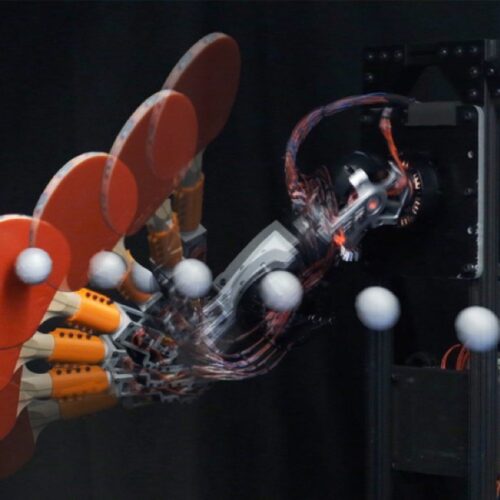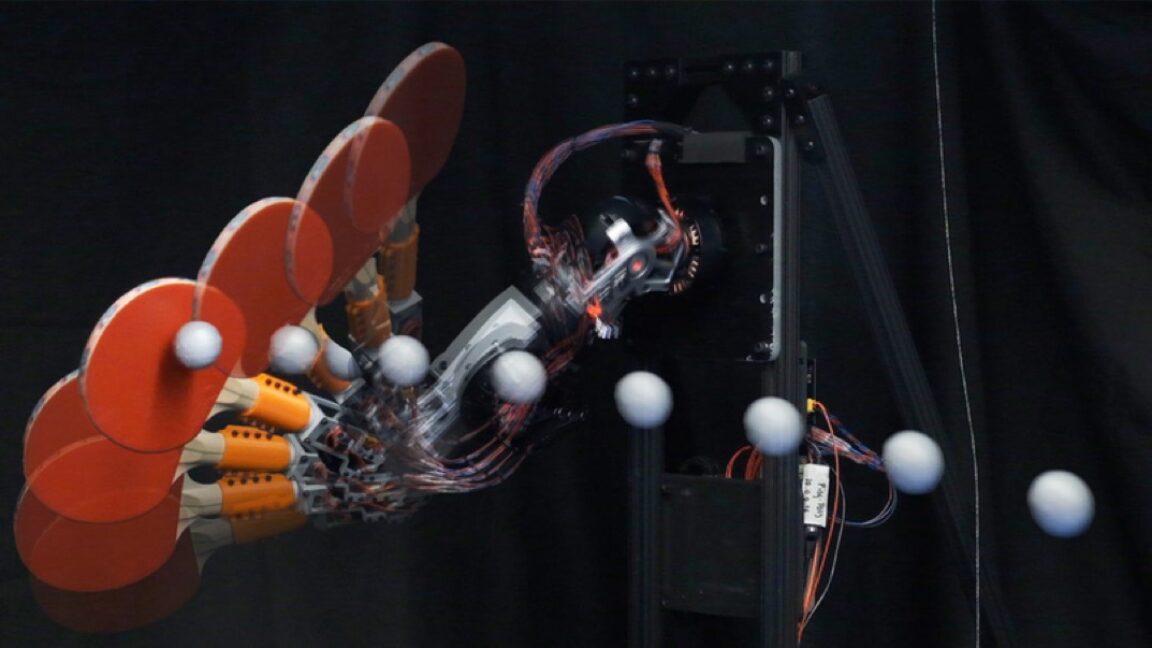Colon cancer recurrence and deaths cut 28% by simple exercise, trial finds
Exercise is generally good for you, but a new high-quality clinical trial finds that it's so good, it can even knock back colon cancer—and, in fact, rival some chemotherapy treatments.
The finding comes from a phase 3, randomized clinical trial led by researchers in Canada, who studied nearly 900 people who had undergone surgery and chemotherapy for colon cancer. After those treatments, patients were evenly split into groups that either bulked up their regular exercise routines in a three-year program that included coaching and supervision or were simply given health education. The researchers found that the exercise group had a 28 percent lower risk of their colon cancer recurring, new cancers developing, or dying over eight years compared with the health education group.
The benefits of exercise, published in the New England Journal of Medicine, became visible after just one year and increased over time, the researchers found. The rate of people who survived for five years and remained cancer-free was 80.3 percent among the exercise group. That's a 6.4 percentage-point survival boost over the education group, which had a 73.9 percent cancer-free survival rate. The overall survival rate (with or without cancer) during the study's eight-year follow-up was 90.3 percent in the exercise group compared with 83.2 percent in the education group—a 7.1 percentage point difference. Exercise reduced the relative risk of death by 37 percent (41 people died in the exercise group compared with 66 in the education group).


© Getty | Oli Kellett
























 Credit:
TU Wien
Credit:
TU Wien













